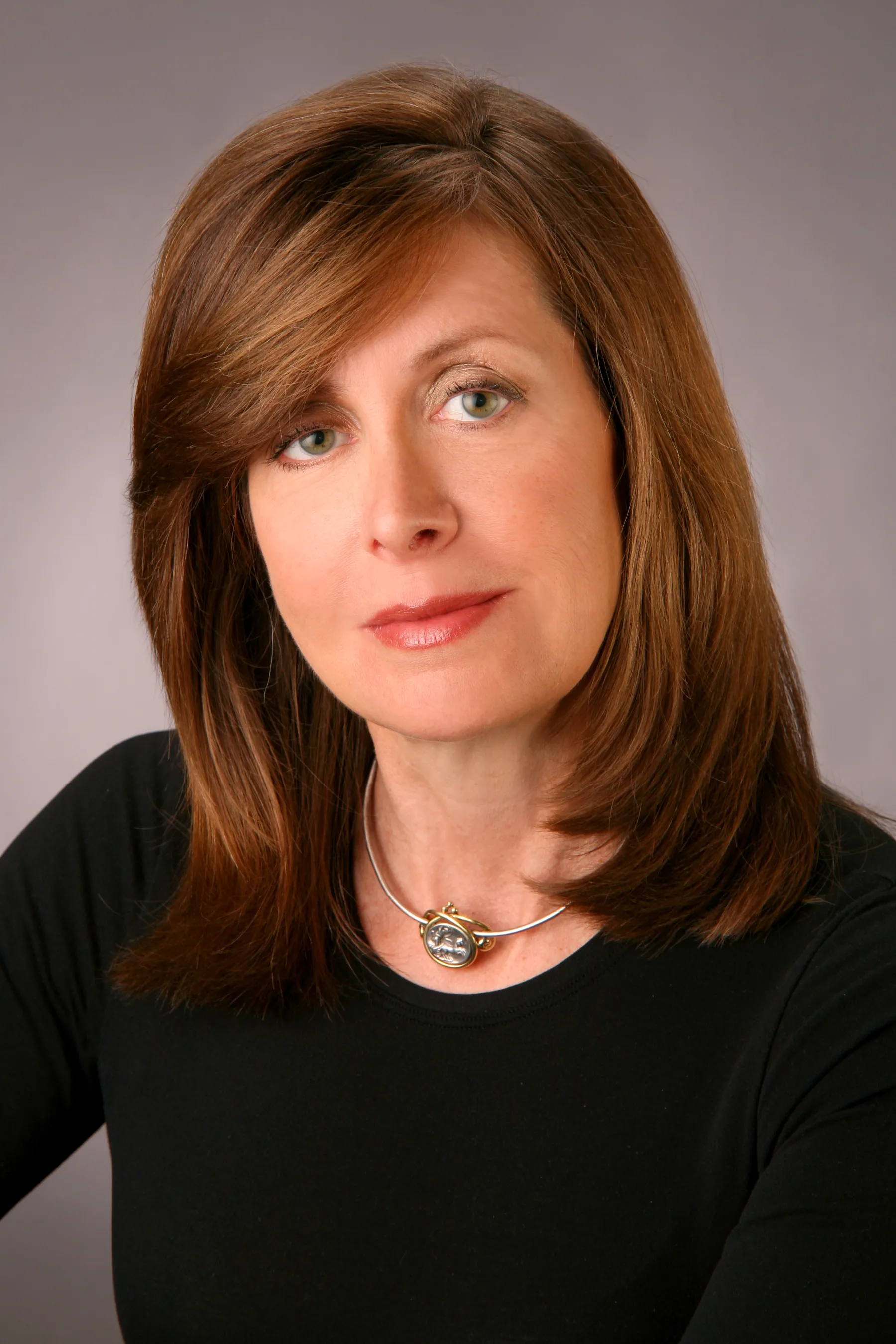New Faculty Profile: Tony Casey
A Welcome Home for a New Scholar
When some people graduate from the Law School, the thought of returning one day and joining their professors as colleagues never really leaves their minds. Tony Casey, ’02, is one such person.
Several years ago, Casey found himself at a crossroads while practicing at Kirkland & Ellis in Chicago. He had made partner, but in the back of his mind, Casey also thought about leaving legal practice for a career where he could focus on the big-picture legal questions of his choice.
When he decided to take that path and plunge into academia, he was accepted back at the Law School as a Bigelow Fellow and Lecturer in Law teaching legal research and writing to first-year students. The two-year fellowship ended recently, but Casey isn’t going anywhere. In July, he joined the Law School’s full-time academic faculty as an Assistant Professor of Law.
“I loved the Law School as a student and I loved the Law School as a fellow,” he said. “The culture is still the same as it was when I was a student. Students are brought into the dialogue and the school sets high expectations. You know academics are taken very seriously.”
Casey’s Law School colleagues were thrilled to welcome him as a faculty member. “Tony would have always been part of our school, having graduated in 2002 and then having served as a Bigelow. But now we get to have him with us, hopefully forever,” said Michael H. Schill, the Law School’s Dean and Harry N. Wyatt Professor of Law.
Casey graduated from Georgetown University in 1999 magna cum laude with an AB in economics and government. He then attended the Law School, receiving his JD with high honors in 2002. He was the recipient of the John M. Olin Prize and a member of the Law Review and the Order of the Coif.
After law school, Casey clerked for then–Chief Judge Joel M. Flaum of the United States Court of Appeals for the Seventh Circuit. From 2004 to 2006, he worked as an associate in the Litigation Department at Wachtell, Lipton, Rosen & Katz in New York. There his practice focused on transaction and takeover litigation, white-collar investigations, and securities litigation. Casey then moved to Kirkland & Ellis in Chicago, where he added the areas of bankruptcy litigation and complex class actions to his practice. He joined the Law School as a Bigelow Fellow in 2009.
Inspired by his years working at large firms, Casey researches how the law affects the way businesses are organized and structured either outside bankruptcy, which touches on the corporate litigation he did at Wachtell, or inside bankruptcy, which touches on the bankruptcy litigation he did at Kirkland. Casey’s interests make him a perfect addition to the Law School’s Institute of Law and Economics. Next year, he will teach Civil Procedure II, Corporations, and a seminar he also taught in the spring, called Law and the Theory of the Firm.
Teaching the legal research and writing course was Casey’s first time leading a classroom, a daunting prospect for anyone. The topic, however, created a smooth transition from working at a law firm because it was similar to supervising an associate who is writing briefs and memos. Mark Jackson, ’12, said Casey’s class was one of the best he’s taken so far at the Law School.
“Tony was approachable from the beginning and could completely relate to our experience,” Jackson said. “At the same time, he was excellent at conveying the most important lessons in writing, and he really took an interest improving our legal writing. He was also a great resource about what it’s like in the real world—what to expect at a firm, what they look for, which skills are most important to develop.”
Casey’s wife Erin, also from the class of 2002, was supportive of his decision to return to the Law School. His friends have been curious about what it has been like for him to work alongside the great professors they had as students. The faculty welcomed him warmly, but Casey admits the experience was unusual.
“It’s a little intimidating thinking of these people as the professors as I had,” he says. “I remember throwing an idea for the first time by Randy Picker and the challenge of not reverting back to being a 2L sitting in a Secured Transactions class but sharing the idea as a colleague. It’s fun to think of him thinking of me as a colleague and being in the same group.”



